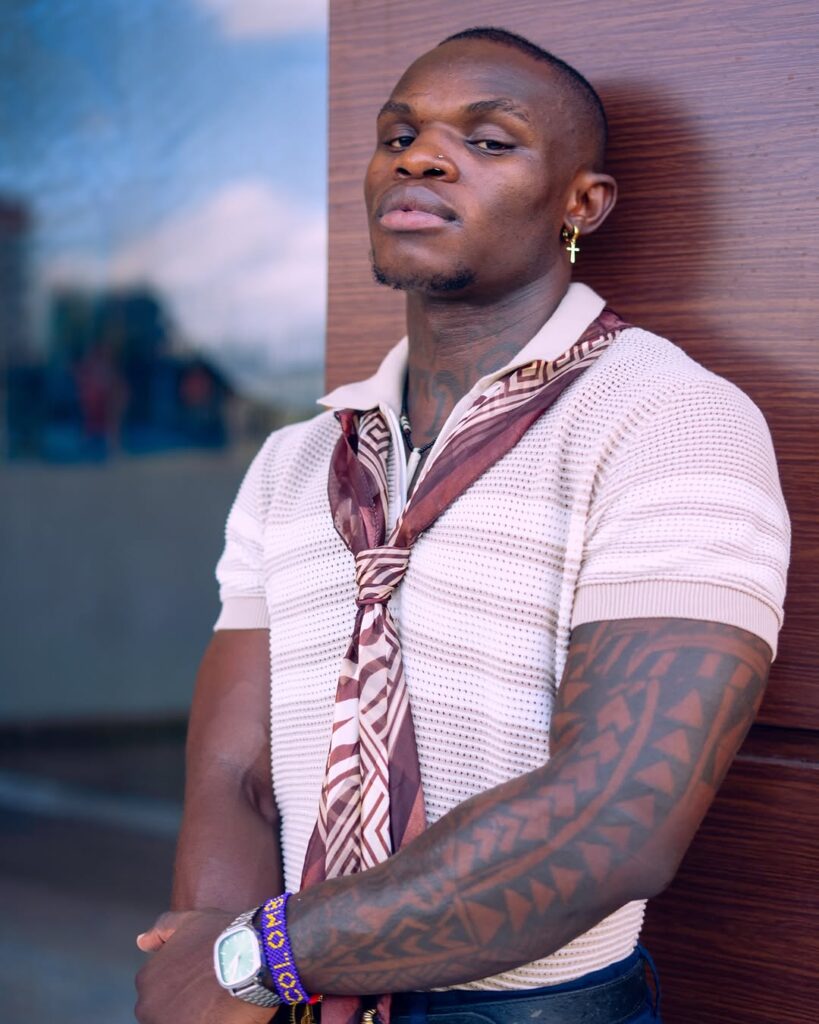Kenyan dancer and digital creator Tileh Pacbro has stirred intense online debate after strongly criticizing MP Zaheer Jhanda’s proposal to regulate social media influencers. His fiery remarks reignited discussion over the government’s priorities and the future of online freedom in Kenya.
Tileh Challenges Lawmakers’ Priorities
In a sharp online post, Tileh Pacbro questioned the intentions behind the proposed law, suggesting that if lawmakers want to emulate China’s influencer regulation model, they should also adopt its strict anti-corruption measures. He argued that focusing on digital creators while ignoring widespread misuse of public funds reflects misplaced political priorities.
Focus on Real Issues
Tileh urged leaders to direct their energy toward tackling pressing national issues such as corruption, economic hardship, and youth unemployment rather than targeting content creators. He emphasized that influencers play a vital role in job creation, innovation, and cultural storytelling — sectors now central to Kenya’s expanding creative economy.
Public Reactions and Online Support
The dancer’s comments quickly went viral, drawing strong support from fans and fellow influencers who echoed his criticism of the proposed legislation. Many argued that the government should focus on systemic economic and governance issues rather than attempting to control digital expression. Social media users warned that regulating influencers could pave the way for censorship and political suppression.
Inside Zaheer Jhanda’s Proposed Bill
The proposed bill by MP Zaheer Jhanda seeks to introduce a legal framework for Kenya’s growing influencer industry, aiming to hold creators accountable for their content and set professional standards for online engagement. Jhanda argues the regulation is necessary to curb misinformation, exploitation, and defamation on social media.
Free Speech vs. Government Control
Critics, however, view the move as a threat to freedom of expression. They argue that Kenya’s creative scene has flourished precisely because of minimal government interference, allowing young talents to reach global audiences. Many also pointed out that influencers often use their platforms to promote social awareness and political accountability, making regulation appear as an effort to silence dissenting voices.
The Wider Struggle for Digital Freedom
Tileh’s bold response has amplified growing concerns that Kenya’s leadership is seeking greater control over digital spaces. Analysts note that the standoff between policymakers and online personalities reflects a larger struggle over free speech, digital influence, and democratic expression in the modern era.
Kenya’s Online Community Speaks Out
As the debate intensifies, one thing remains clear — Kenya’s vibrant online community refuses to remain silent on matters affecting creative freedom and public discourse. Tileh’s stand has not only challenged policymakers but also reinforced the role of creators as powerful voices in shaping national conversation.

